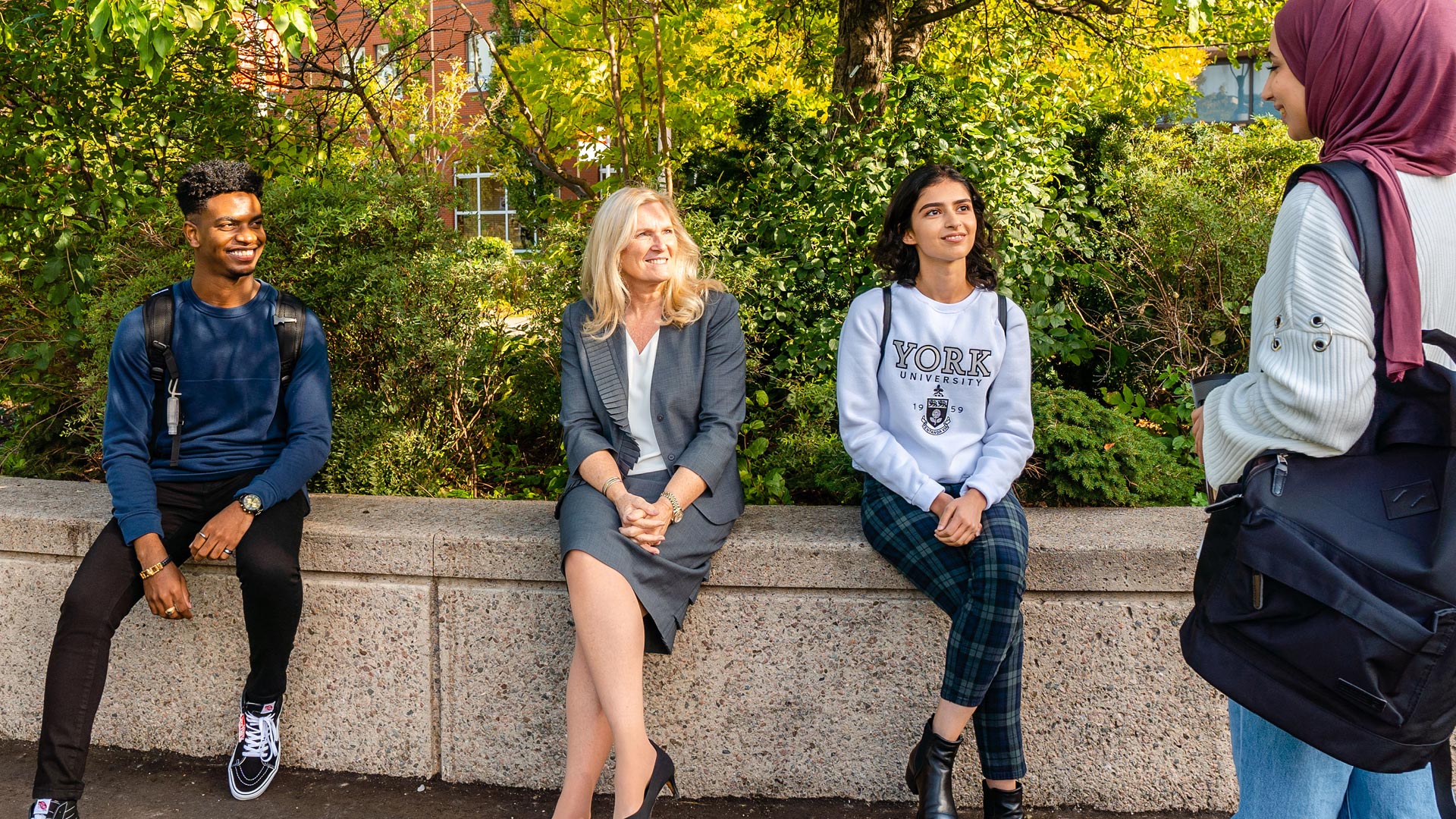There are many times throughout my career in higher education that I have been inspired by the power of community, but never more so than over the past two years.
Over the course of the 2020–21 academic year, the world faced the full weight of the COVID-19 pandemic, which served not only to highlight, but to heighten, many of the complex challenges we were already facing, from climate change to systemic racism, inequality, and global health issues.
But in true York spirit, our community continued to come together to support one another and drive positive change in the world around us. We developed and introduced groundbreaking programs, made pedagogical breakthroughs, identified new areas of opportunity to further accelerate our research growth and success, launched innovative initiatives enhanced by virtual tools to support our students and community members, took important steps to address inequities both on our campuses and on a broader level, and made significant progress on our long-term priorities for the University.
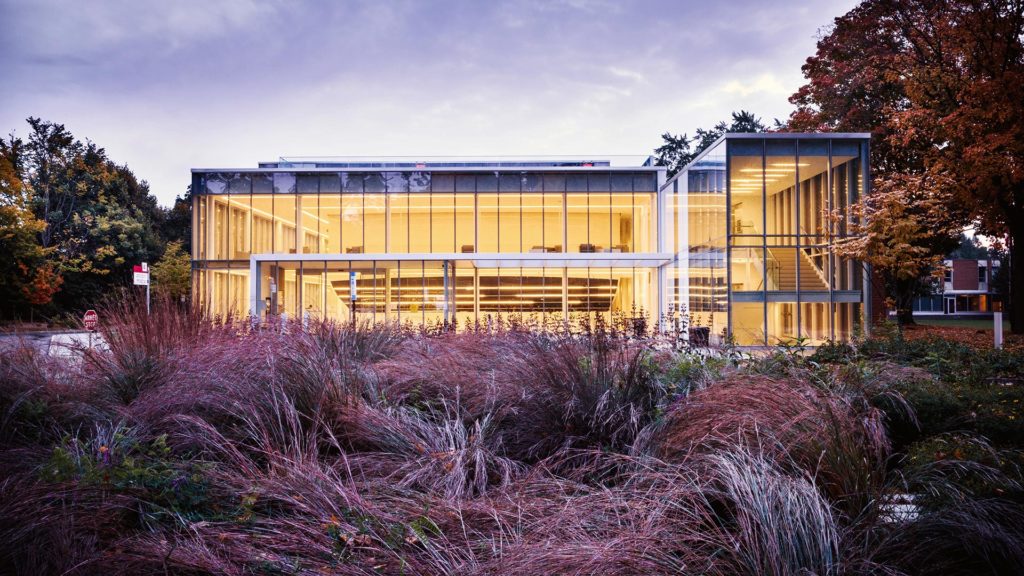
All of this work was guided by our progressive and forward-thinking University Academic Plan 2020–25: Building a Better Future. Launched in November 2020, the plan sets out our priorities in six key areas and charts a bold path forward — a path defined by our commitment to addressing the 17 Sustainable Development Goals identified by the United Nations, and underscored by four fundamental pillars central to our identity: access, excellence, connectedness, and impact.
When we began work to develop the new University Academic Plan, we knew we wanted to create a document that was both visionary and aspirational — one that would inspire us to push boundaries and stretch ourselves beyond the confines of the status quo, and serve as a clear and actionable guide for navigating the transformations that would be required to adapt to the rapidly evolving global context being wrought by forces like automation, globalization, and political polarization.
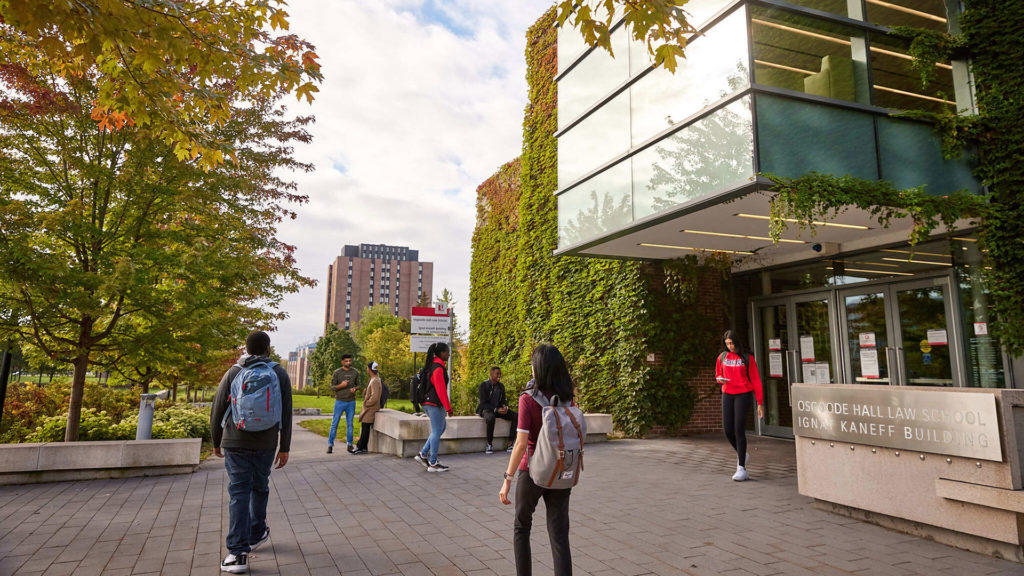
What we could not have known, of course, was that these forces were about to become magnified by a global pandemic the likes of which has not been experienced in over a century — that when we prioritized 21st century learning as part of our University Academic Plan, these principles would strengthen our ability to pivot our more than 55,000 students to remote learning almost overnight, and then sustain these new modes of learning for more than a year and a half. Or that when we prioritized advancing global engagement, we would be building on the strong international partnerships we had already formed in areas such as global health and disaster and emergency management to develop collaborative solutions to the pandemic.
Against the backdrop of the pandemic, institutions worldwide were also forced to come to terms with new and urgent calls for racial justice. The murder of George Floyd energized the Black Lives Matter movement, and refocused our attention on the pressing need to address the systemic racism that exists throughout our society. A year later, the discovery of unmarked graves on the grounds of several former residential schools shocked many Canadians with stark evidence of the truth of the residential school system and its devastating impacts on Indigenous peoples and communities across the country. In the wake of these events, we recommitted to combatting racism of all forms on our campuses and in our society, and to strengthening equity and inclusion across our community. And we swiftly began to take meaningful actions to support this commitment, guided by the values laid out in our University Academic Plan.
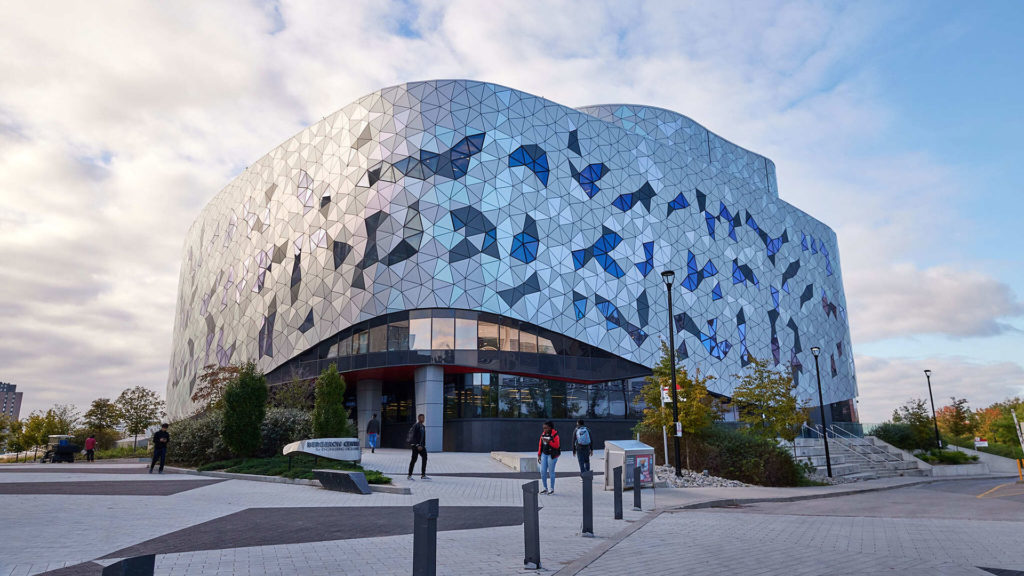
Throughout the past year, we also kept our eyes firmly on the future as we continued to make progress on a number of long-term priorities, including the construction and planning for our new York University Markham Campus; building on our partnership with the City of Vaughan, Mackenzie Health, and ventureLAB to explore the potential for a new Vaughan Healthcare Centre Precinct; preparing a proposal for a new School of Medicine; launching a new enterprise-wide service transformation initiative, advancing our enterprise architecture to ensure that our digital infrastructure meets the needs of our community; and establishing Canada’s first UN CIFAL Centre, among the many other achievements that are detailed throughout this report.
We accomplished all of this while prudently mitigating the financial and operational effects of the pandemic through strategic enrolment planning, and ended the year in a positive financial position with a significant carry forward and strong cash liquidity. These accomplishments are further supporting the priorities laid out in the University Academic Plan as well as pandemic recovery, including the safe return to our campuses and enhanced student financial support.
Of course, there have been significant operational challenges along the way, and we were sometimes compelled to make difficult decisions. The York community is a diverse one, and with diversity comes different opinions, priorities, and judgements. There has been a concentrated effort this past year to enhance consultation through Presidential Town Halls and Divisional, Faculty and other scheduled meetings to get as much input as possible on COVID-19 scenario plans, enrolment and budget opportunities, and strategic initiatives for operationalizing the priorities of the University Academic Plan. I very much hope that the 60,000+ students, faculty, course directors, and staff who comprise this University see their input reflected in our Integrated Resource Plans and the related documents that guide our actions. Despite our differences, we have demonstrated a shared commitment to our vision of providing a broad sociodemographic of students with access to a high-quality education at a research-intensive university committed to improving the well-being of the communities we serve.
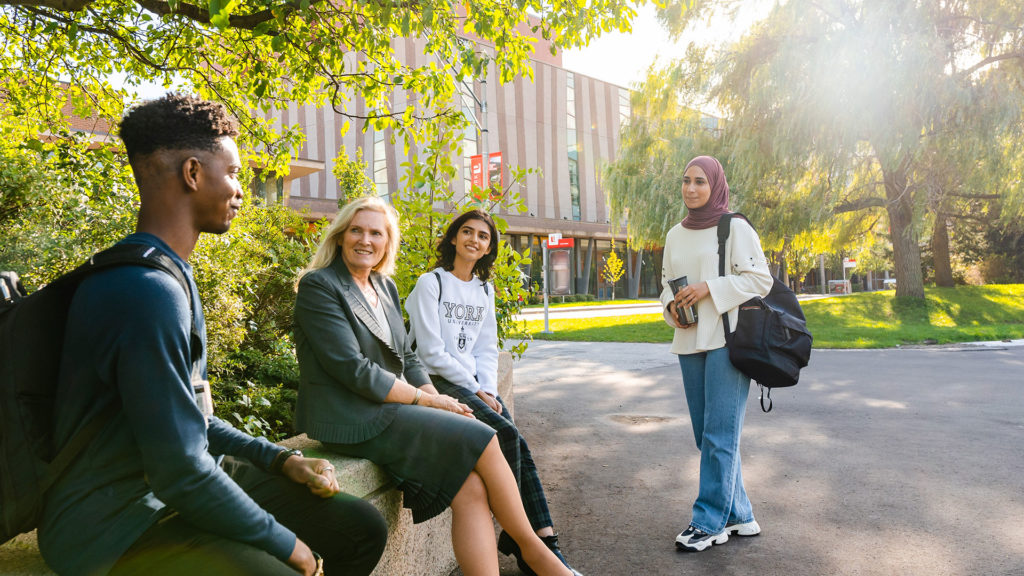
As I reflect on the past year, I am more than anything, grateful to our community — our students, staff, course instructors, faculty members, alumni, volunteers, and other friends of the University — for the commitment that has been demonstrated to one another and to the University. It is this resolve that makes me confident that we will continue to navigate the uncertainty that has characterized the past two years and further advance our priorities. I look forward to seeing what we can accomplish next year.
